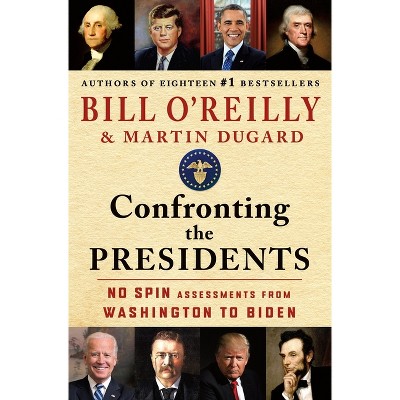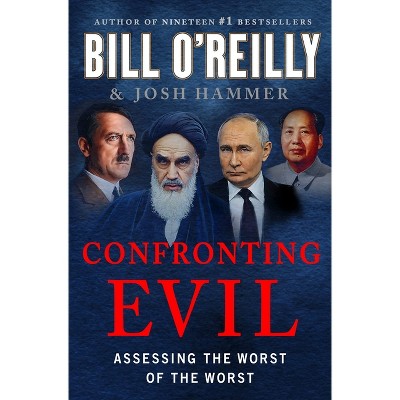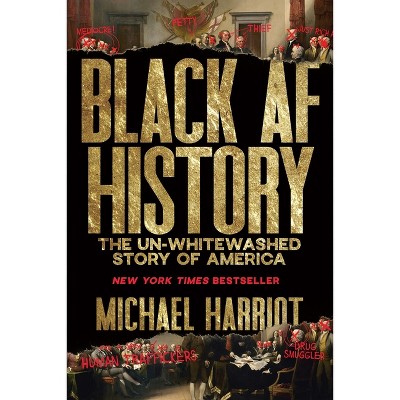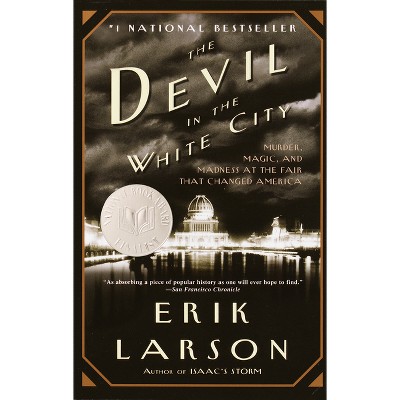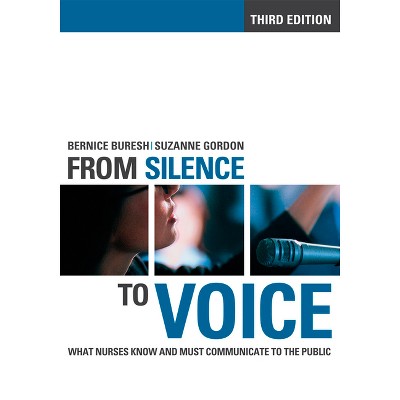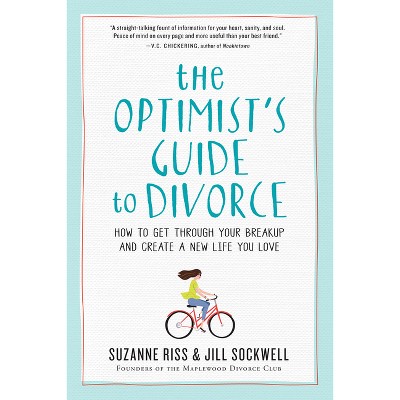Divorce, American Style - (Politics and Culture in Modern America) by Suzanne Kahn (Hardcover)

About this item
Highlights
- In the 1970s, the divorce rate in the United States doubled, and longtime homemakers suddenly found themselves at risk of poverty, not only because their husband's job was their sole source of income, but also because their insurance, retirement, and credit worthiness were all tied to their spouse's employment.
- About the Author: Suzanne Kahn is Director of the Great Democracy Initiative and the Education, Jobs, and Worker Power Program at the Roosevelt Institute.
- 344 Pages
- History, United States
- Series Name: Politics and Culture in Modern America
Description
About the Book
"This book examines feminist divorce reformers, their relationship with the broader feminist movement, and their lasting effects on the American social welfare regime. It shows how the two distinctive qualities of the American welfare state-its gendered nature and its public/private nature-combined to encourage the breadwinner-homemaker model of marriage's use as policy tool. The linking of access to economic benefits to marriage, begun early in the development of the American social insurance system, shaped political identity and activism in the 1970s and has continued to do so into our current political moment. The result has not only affected policy questions directly relating to marriage but also limited the possibilities for expanding America's social welfare provisions. As a gateway to full economic citizenship, marriage has always served as an institution that protects and perpetuates class privilege"--Book Synopsis
In the 1970s, the divorce rate in the United States doubled, and longtime homemakers suddenly found themselves at risk of poverty, not only because their husband's job was their sole source of income, but also because their insurance, retirement, and credit worthiness were all tied to their spouse's employment. Divorce, American Style examines how newly divorced women and policymakers responded to the crisis that rising divorce rates created for American society.
Suzanne Kahn shows that, ironically, rising divorce rates led to policies that actually strengthened the social insurance system's use of marriage to determine eligibility for benefits. Large numbers of newly divorced women quickly realized their invisibility within the American welfare state, which did not distribute benefits to most women directly but rather through their husbands. These newly divorced women organized themselves into a political force, and they were remarkably successful in securing legislation designed to address divorced women's needs. But this required significant compromise with policymakers, and these new laws specifically rewarded intact marriages, providing more robust benefits to women in longer marriages. These incentives remain in place today. Indeed, in the thirty years since this legislative compromise, activists' efforts to grapple with the legal system created out of this crisis have affected such high-profile debates as the fight over the Affordable Care Act and the battle for marriage equality.
Divorce, American Style contests the frequent claim that marriage has become a more flexible legal status over time. Enduring ideas about marriage and the family continue to have a powerful effect on the structure of a wide range of social programs in the United States.
Review Quotes
"[A] fascinating, thorough, and highly readable study of divorce in the history of 20th Century U.S. feminism...Divorce, American Style provides a rigorously-documented narrative of a uniquely American feminism at a pivotal point in history. It provides important new leverage for understanding how both feminism and social welfare policy got where they are today by focusing on the key intersections between them, as drawn through the legislative and policy debates Kahn explores in correspondence, drafts, committee reports, feminist meeting minutes, news reports, statistical data, and politicians' pronouncements."-- "Society for U.S. intellectual History"
About the Author
Suzanne Kahn is Director of the Great Democracy Initiative and the Education, Jobs, and Worker Power Program at the Roosevelt Institute.Shipping details
Return details
Trending History
